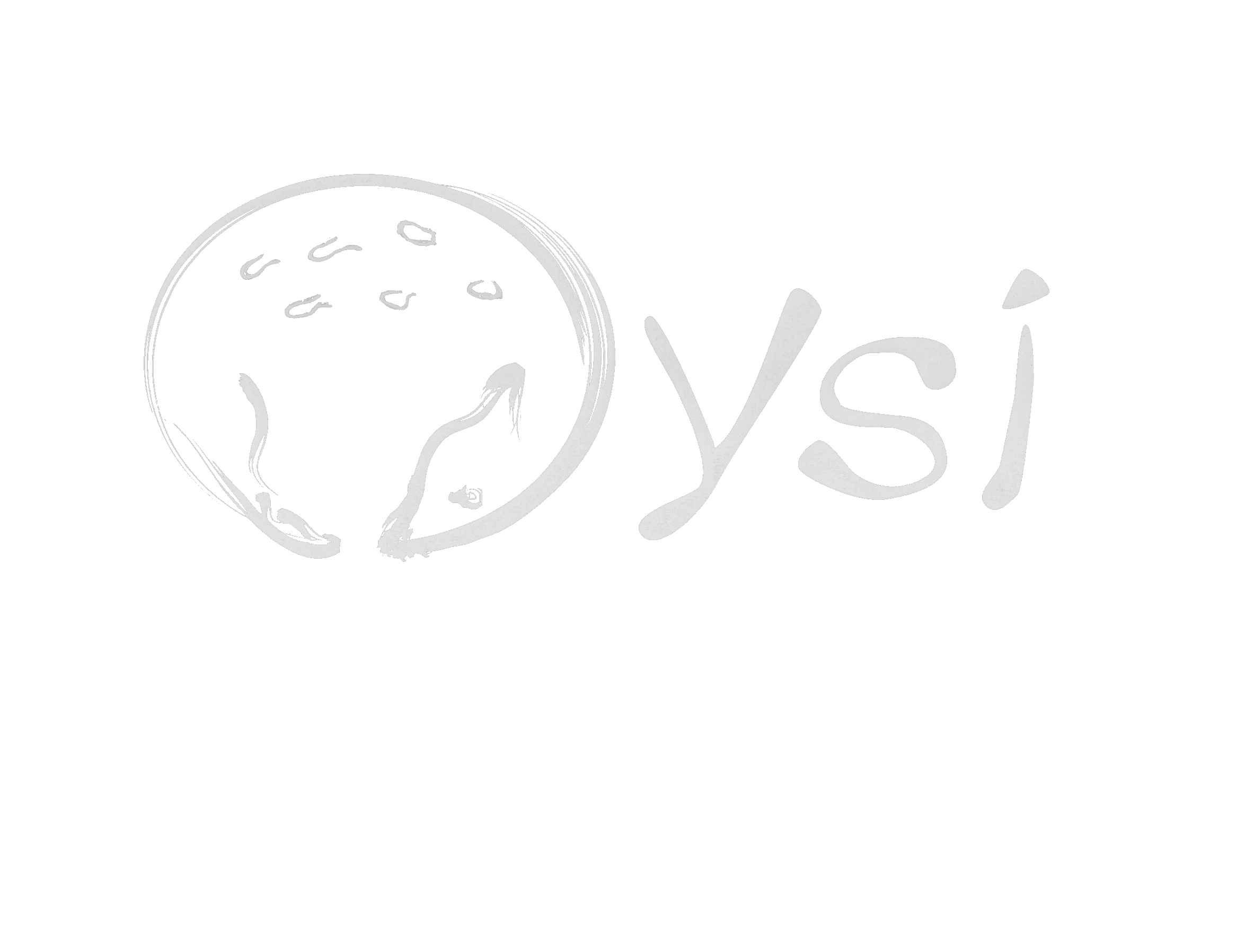Persephone’s Nous and Damasio
Posted by studio@ceciliavicuna.com on October 01, 2025 in
Joh: I want to come back to Persephone's Nous that was lost in the abduction. It seems that in that moment she lost connection with the cosmos and the natural world. |
Cec: That is a fantastic way of seeing it! Yesterday, when we were speaking with our friend Paula, you said that you have noticed that women have completely forgotten the symbiotic embrace with the cosmic mother experienced in the womb and the perinatal world just after birth. Women seem to have universally accepted the reduction of their divine connectivity to the cosmos and the natural world to adapt to the violence of the male. What you said touched a deep nerve in Paula and me. I often find myself in the subway here in New York looking at the people, and the women in the train, who seemed to have renounced the notion that they have this inner creative power, this immense potential of creativity. You can see it in their bodies, their faces. It's like Persephone’s abduction didn’t happen only in myth, it continues to happen today. |
Joh: Persephone is connected to nature and to the cosmic universe before the abduction. |
Cec: It's more than that. She's not just connected to the cosmic universe. She is the living cosmic universe. That’s why she is in a state of joy with her girlfriends. She finds a flower and is in ecstasy. The myth suggests that it is precisely that moment of ecstasy that brings on the violence of the rapist. As if the rape was to rob her of her creative power. |
Joh: The Nous we're talking about, that is, the interconnected nature of everything in the universe, including, of course, Persephone, is referred to sometimes as a collective wisdom. |
Cec: Yes, this is the key, because the concept of Nous, which seems to have been forgotten in Western philosophy even though it was so important in ancient Greece reflects the way the culture proceeded back then-- as we know from the rare scholarship that continues to study the Nous. There were many kinds of Nous, as different kinds of connectivity to the cosmos. There was a good one and a bad one. There were ethical qualities in the Nous. Getting back to the moment of the abduction, we see she is not alone. Persephone is with a group of girls and flowers, and it is all one thing. The sun is shining, the light is there, the flowers and the fragrance. We could construe that this is the collective Nous, the wisdom of the cosmic connectivity that comes under attack by an act of violence: the rape. It is not just a rape of a person. It is a rape of a way of being. The abduction disrupts, dissolves the state of unity that lives and thrives in the collective Nous. |
Joh: Today was the day when the solidarity flotilla of 40 boats with people from all over the world were coming to present humanitarian aid to the people of Gaza, and they were intercepted and abducted. Cec: Exactly, one can see this abduction as an ongoing process, because all these people who believe in the need to help each other, the movement of solidarity, represent the collective wisdom that is still alive in this earth, and it continues to be under attack. Focusing on Persephone's moment of abduction is completely relevant, because it symbolizes an ongoing event, it is not something that pertains solely to Greek myth. |
Joh: I am reading Antonio Damasio who says in his writing that consciousness is our inner world driven by emotions, by feelings that corresponds to the external world and is either in sync with it or not. And when the external world and the inner world are matching a homeostasis occurs where things are stabilized. |
Cec: I think this idea of pairing Damasio’s reflection on what consciousness is, somehow relates to autopoiesis, which is an interaction between our inner being and the world around us. Maybe this interaction is consciousness itself. Nous is the awareness of connectivity, which doesn't mean we depend on the cosmos, rather there is a continual co-creation through interaction. It is mutually creative in that the way we see a phenomenon affects the phenomenon and the phenomena, in turn, affects how we see it. That is the beauty of autopoiesis, potential itself. That means we can transform the situation we are in, so that instead of being headed towards extinction, we can move towards regenerating life, peace and solidarity. |
Joh: Because the external world is chaotic today, it is hard to get an alignment with the inner world because there's such discomfort of pain and fear involved in our anticipation of what may come from the external world. So, it's hard to see where the balance of homeostasis can keep an individual centered when the external and the internal world are both reflecting chaos. |
Cec: That is precisely the dilemma we are now in. All of us are afraid that this catastrophe, which is economic, social and ecological is imminent. We sense it every day, even while cooking. So many foods are loaded with pesticides. You can't use rice anymore because rice is loaded with arsenic. This assault on life-giving forces is ongoing. So, how can we keep the beauty of potentiality alive when we are blocked by fear? I believe this challenge could be the source of the healing because we don't exactly know how to do it; the need to find a way will drive creativity. |
Joh: This relates to something you wanted to bring in, Damasio’s connection with anticipation and the self-regulation of bacteria, seeking homeostasis their self-preservation via anticipation and cooperation. |
Cec: Yeah. Yeah, this is crucial, now we know via science that microorganisms can learn and anticipate threats to prepare in advance for collective survival of their kind. We are learning that human cells, like bacteria, have this anticipatory capacity too. You were already focused on Damasio when I read an article in the New York Times in the '90s where he spoke of how our brain discerns whether an encounter or exchange will be positive or negative. This inner “knowing” generates a micro-sweat in our hands way ahead of our awareness. I loved that and I wrote a poem noting that the word “beforehand” seemed to reflect that phenomena. At the time, you were researching the question of quorum sensing where bacteria anticipate an attack by enemy bacteria and instantly know to move away from danger. The beauty of this is that we can use this knowledge precisely because we are descendants of the bacteria! If we could only find in ourselves ways to connect to this forgotten knowledge we could move away from danger, not just individually, but collectively. |
Joh: The thing is that what you and I have been working on is that ritual is important because it is the system by which we can move from individual to collective mind. Cec: Yes, the power of ritual works both ways, as a positive or negative. It's a negative when hateful speech pushes people into killing and violence, but it is a positive one when it moves us to help each other, to support the life-giving processes of the ecosystems. The awareness of this double power is key because the inability to move from individual to collective is one of the things impeding the evolution of humanity towards healing. If we recognize that, then we do have the chance, because that sensibility is still present in all of us, even though it is submerged.
|

